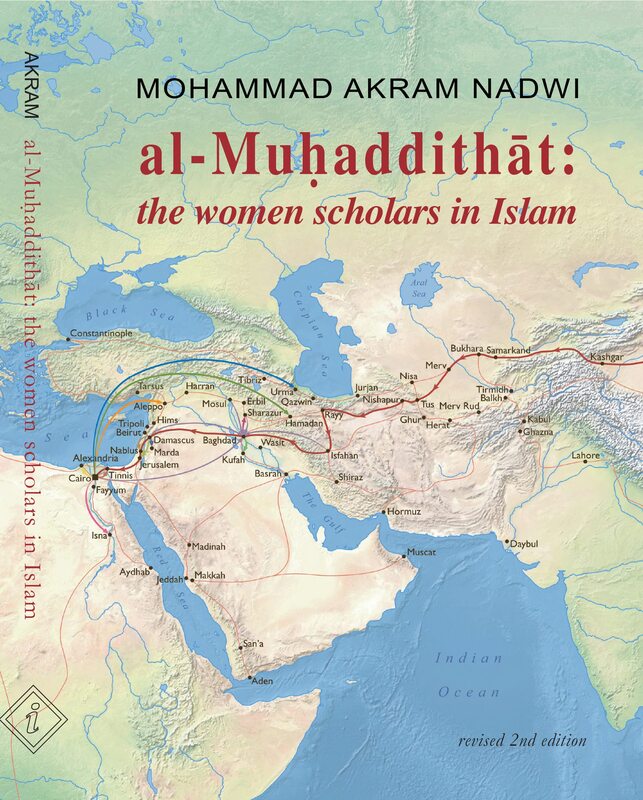Book Review: Mohammad Akram Nadwi: Al-Muhaddithat: The Women Scholars in IslamOriginally conceived as the muqaddimah [Introduction] to a yet-to-be-published forty-volume biographical dictionary of Muslim women who studied and taught Ḥadīth Al-Muḥaddithāt: The Women Scholars in Islam is an unusual book. It started as a translation of the muqaddimah of that yet-to-be-published biographical dictionary, but in the process of its translation, the author tells us, he realized that the material had to be adapted, not simply translated, for two reasons: (i) the main text was not available to the readers, and (ii) even if it were a real muqaddimah, its publication in English would still require adaptation because the expectations as well as the requisite preparedness of an English readership are different from the Arabic readership. The singularity of this book, however, goes much deeper than the aforementioned aspects.
|
Muzaffar Iqbal
|
|
© Center for Islamic Sciences. All Rights Reserved.
Designed and Developed by Crescent Marketing Solutions |


